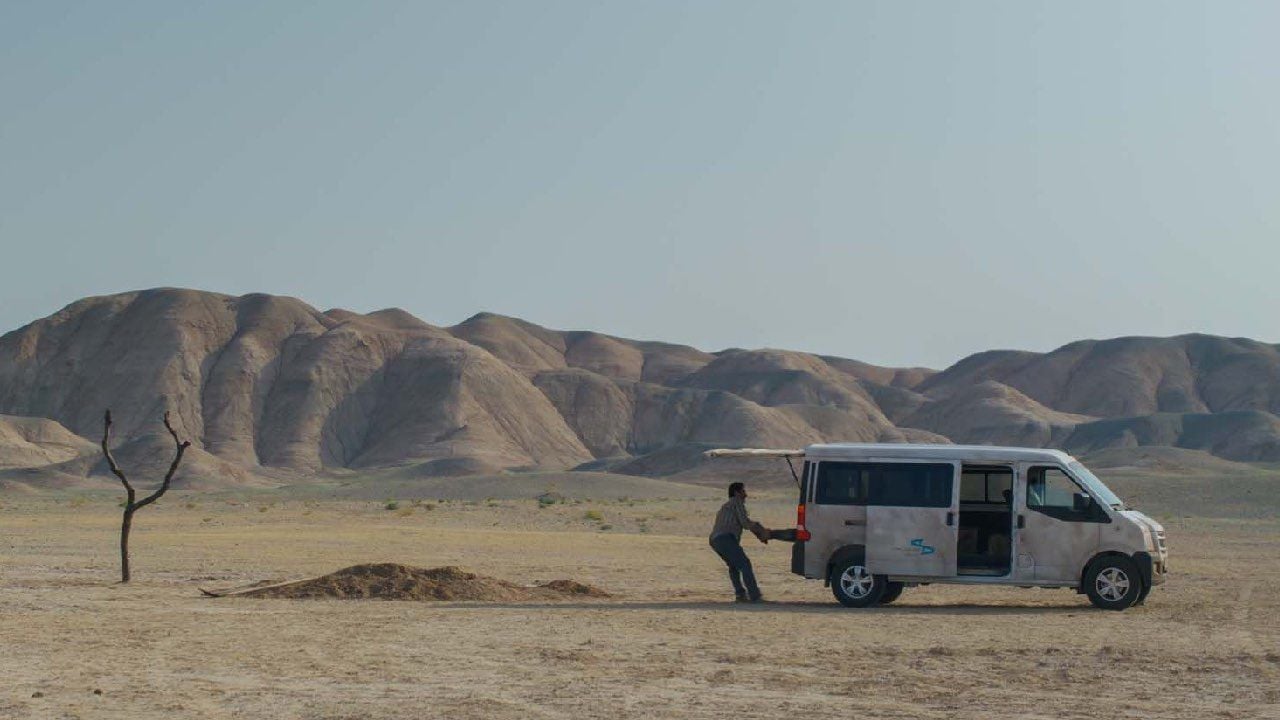The decision prevents the reproduction of “Million Years Ago” on digital platforms and other media without prior authorization from Toninho Geraes
Court decision and immediate impact
The Rio de Janeiro court has ruled that the song “Million Years Ago”, by British singer Adele, can no longer be reproduced or sold in Brazil or abroad without the authorization of Brazilian composer Toninho Geraes. The decision, issued by Judge Victor Agustin Cunha, of the Court of Justice of the State of Rio de Janeiro, establishes a fine of R$50,000 in case of non-compliance.
The digital platforms that make the song available will have to remove it from their catalogs as soon as they receive official notification. However, the deadline for complying with the measure is not yet clear.
Signs of plagiarism and basis for the decision
The case against Adele was brought by Toninho Geraes, author of “Mulheres”, a samba-canção classic, which became famous with the voice of Martinho da Vila in 1995. According to the ruling, “Million Years Ago”, released in 2015, features an “almost integral melodic consonance” with the Brazilian song.
The judge mentioned technical analysis and overlapping melodies that highlighted an “obvious symmetry” between the songs. The decision is still subject to appeal.
Compensation and copyright claims
In addition to the ban, Toninho Geraes is demanding compensation of 1 million reals from Adele, the song’s producer, Greg Kurstin, and three record companies linked to the work, including Sony and Universal. The composer also demands the royalties of the song, with monetary compensation and interest.
The exact amount of compensation still depends on access to confidential sales and audience data, which will only be disclosed after a court decision.
Attempts at agreement
Before filing the lawsuit, Toninho Geraes’ lawyer, Fredímio Trotta, tried to reach an out-of-court settlement with Adele and her record companies, but received no response from the artist. The record companies, in turn, claimed that they were not responsible for the composition, but only for the distribution of the work.
Trotta argues that companies should be held accountable, as they profited from the use of the music, even if they had no intention of plagiarizing.
So far Sony Music, the record label representing Adele, has not commented on the case.
Compare the two songs below.
Source: Terra
Earl Johnson is a music writer at Gossipify, known for his in-depth analysis and unique perspective on the industry. A graduate of USC with a degree in Music, he brings years of experience and passion to his writing. He covers the latest releases and trends, always on the lookout for the next big thing in music.





![Everything starts here: What awaits you on Thursday of September 18, 2025 in the 1266 episode [SPOILERS] Everything starts here: What awaits you on Thursday of September 18, 2025 in the 1266 episode [SPOILERS]](https://fr.web.img3.acsta.net/img/44/34/4434fec4599e79e4c76ca28c3f25362a.jpg)

